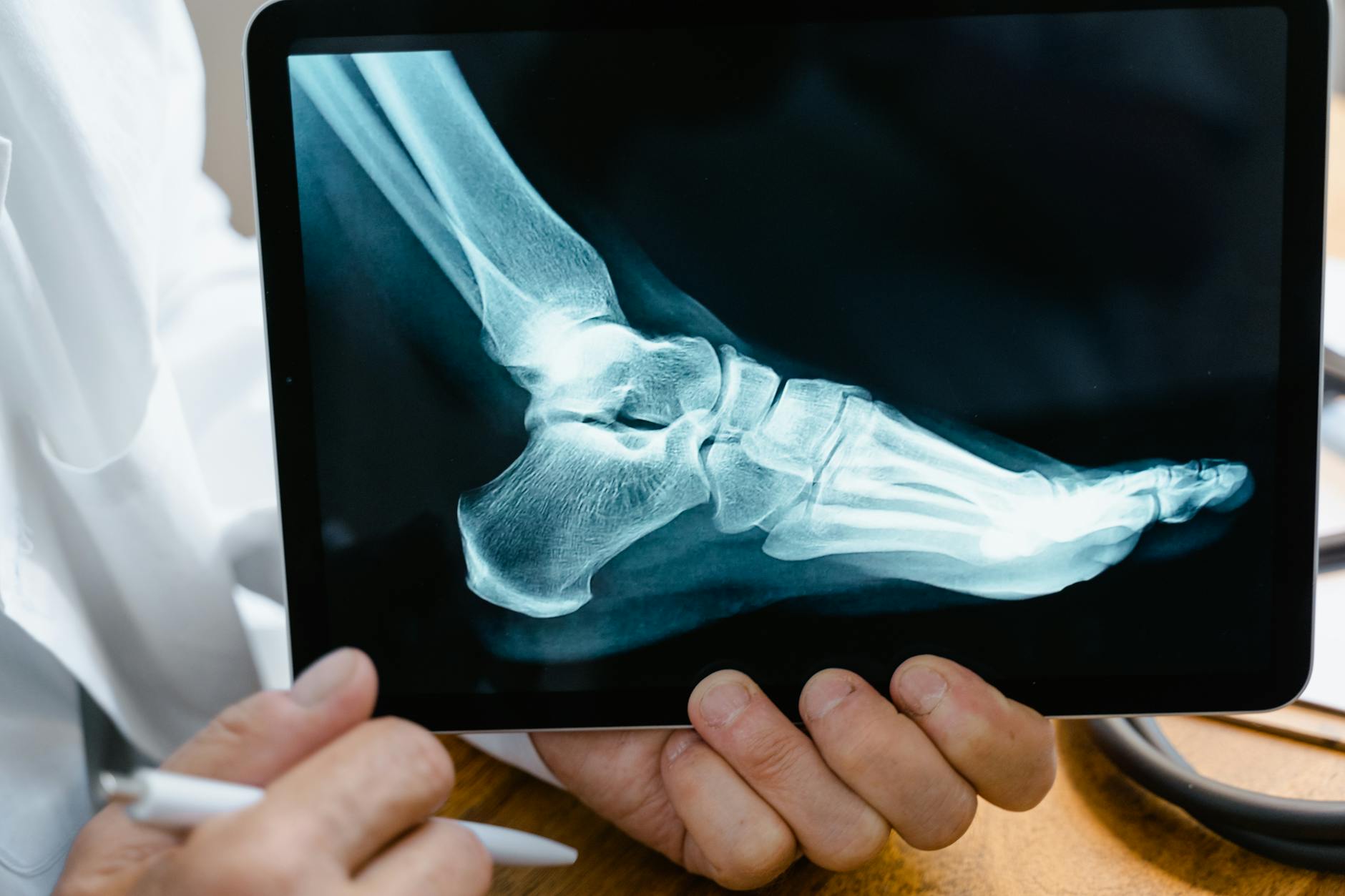Discover how to conquer Graves Disease by arming yourself with essential knowledge and effective treatment strategies in this informative post.
Table of Contents
Thyroid disorders impact millions worldwide, with Graves Disease being one of the most prevalent thyroid conditions. Understanding the ins and outs of this autoimmune disease is crucial in effectively managing the symptoms and improving quality of life. In this blog post, we will dive into the depths of Graves Disease, exploring its causes, symptoms, diagnosis, treatment options, and lifestyle changes that can help individuals conquer this battle with confidence.
Understanding Graves Disease
Graves Disease is an autoimmune disorder that causes the thyroid gland to become overactive, resulting in the production of excessive amounts of thyroid hormones. This condition can impact individuals of any age, but it is most commonly diagnosed in women over the age of 20. The exact cause of Graves Disease is still unknown, but genetic predisposition and environmental factors are believed to play a role in its development.
One of the hallmark symptoms of Graves Disease is hyperthyroidism, which can manifest as weight loss, rapid heartbeat, irritability, tremors, sweating, and fatigue. In addition to these physical symptoms, individuals with Graves Disease may also experience changes in their mental health, such as anxiety and mood swings. These symptoms can significantly impact day-to-day life and overall well-being.
Diagnosing Graves Disease
Diagnosing Graves Disease typically involves a combination of physical examination, blood tests to measure thyroid hormones levels, and imaging tests, such as a thyroid ultrasound or radioactive iodine uptake scan. A healthcare professional, usually an endocrinologist, will assess these results to confirm the presence of Graves Disease and determine the best course of treatment.
Treatment Options
Once diagnosed, there are several treatment options available to manage Graves Disease. These options may include medication to regulate the production of thyroid hormones, radioactive iodine therapy to reduce thyroid activity, or in severe cases, surgery to remove a part or all of the thyroid gland. Each treatment approach comes with its own set of benefits and risks, and the choice of treatment will depend on the individual’s specific circumstances and preferences.
In addition to medical interventions, making lifestyle changes can also play a significant role in managing Graves Disease. Ensuring a balanced diet, getting regular exercise, managing stress levels, and prioritizing adequate sleep can all contribute to overall well-being and help individuals better navigate the challenges posed by this condition.
Empowering Yourself with Knowledge
Education is key in conquering Graves Disease. By arming yourself with knowledge about the condition, its symptoms, and available treatment options, you can take an active role in your healthcare journey. Stay informed, ask questions, and work closely with your healthcare team to develop a personalized treatment plan that meets your needs and goals.
| Topic | Information |
|---|---|
| What is Graves Disease? | A common thyroid disorder characterized by an overactive thyroid gland |
| Symptoms | Weight loss, rapid heartbeat, fatigue, goiter, eye problems |
| Causes | Autoimmune disorder, genetic factors, stress |
| Diagnosis | Blood tests for thyroid hormones, imaging tests like ultrasound or radioactive iodine uptake |
| Treatment | Medications (anti-thyroid drugs, beta blockers), radioactive iodine therapy, thyroidectomy |
| Prognosis | With proper treatment, most people with Graves Disease can lead normal lives |
Living Well with Graves Disease
Living with Graves Disease may present challenges, but it is entirely possible to lead a fulfilling life with proper management and support. Surround yourself with a strong support system of family, friends, and healthcare professionals who understand your condition and can offer guidance and encouragement along the way.
Remember that each individual’s experience with Graves Disease is unique, and what works for one person may not work for another. Be patient with yourself, stay positive, and never hesitate to reach out for help when needed. Together, we can conquer Graves Disease and thrive despite its challenges!
Frequently Asked Questions
Check out these commonly asked questions about Graves Disease to further enhance your understanding of this condition:
What are the risk factors for developing Graves Disease?
While the exact cause of Graves Disease is unknown, certain risk factors, such as family history of thyroid disorders, smoking, and stress, may increase the likelihood of developing this autoimmune condition.
How is Graves Disease different from other thyroid conditions?
Graves Disease is characterized by an overactive thyroid gland, leading to hyperthyroidism. In contrast, other thyroid disorders, like hypothyroidism or thyroid nodules, involve underactive thyroid function or the presence of abnormal growths in the thyroid gland.
Can Graves Disease be cured?
While there is no definitive cure for Graves Disease, proper treatment and management can effectively control symptoms and help individuals lead normal lives. With a personalized treatment plan and ongoing monitoring, many people with Graves Disease can effectively manage their condition.
Are there any natural remedies or alternative treatments for Graves Disease?
It is essential to consult with a healthcare professional before trying any natural or alternative remedies for Graves Disease. Some individuals may find relief from symptoms through lifestyle changes, such as stress management techniques, dietary modifications, and supplements like selenium or L-carnitine.





